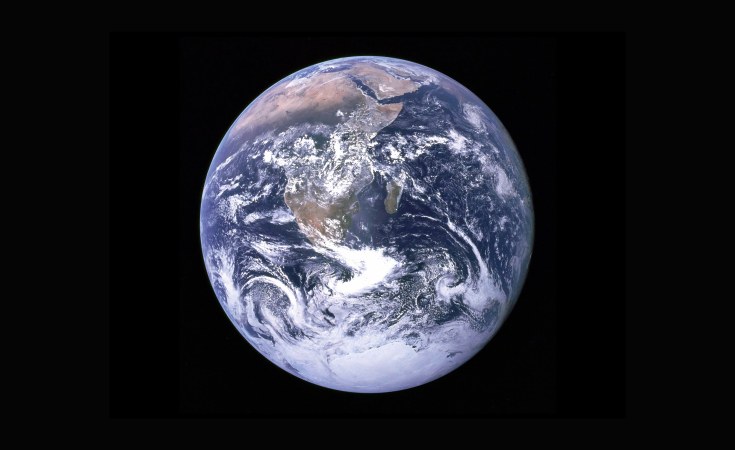Nairobi — Kenya's Judiciary is set to unveil a standalone division of the High Court dedicated to environmental protection, a senior official announced Wednesday.
The Environment Division will be curved out of the existing Environment and Land Court (ELC), Justice Oscar Angote, the President of the ELC Division stated.
Speaking during a media breakfast, Angote said that the move seeks to encourage Kenyans to file cases that are related to the environment with the bulk on ELC matters currently resolving around land disputes.
"In the process of encouraging Kenyans to file environmental disputes, The Judiciary will establish a division which we will launch in June. We intend to conclude discussions with the judges on Thursday and Friday," he said.
"Once the two divisions (Land and Environment) are up and running, we believe to get more cases concerning the environment and this will help reduce some the effects of climate change in the country by holding those who pollute the environment."
Angote added that, there had been very few cases on the environmental issues reported and as such, the initiative will give Kenyans a chance to contribute in taking care of the environment by reporting cases on erosion, degradation and pollution of the environment.
The commitment is part of ongoing initiatives under a continent-wide Greening Judiciaries Initiative that focuses on building the capacity of judges in applying and enforcing environmental laws and promoting the rule of law in environment matters.
Greening Judiciaries
Kenya's Judiciary will host the Third Regional Symposium on Greening Judiciaries in Africa in Nairobi, whose theme is "Strengthening the Role of Judiciaries in Addressing Climate Change in Africa," to deliberate on Climate Change in Africa.
The event set for April 3 - 6 will assemble more than 26 Chief Justices mostly drawn from African countries, judges, judicial officers, judicial educators, heads of judicial education institutions, practitioners and experts from the continent and beyond.
The symposium is anchored on the role of the courts in combating climate change and its impacts in Africa. It is intended to provide much needed leadership in terms of policy direction from Chief Justices present on the enhancement of environmental justice, particularly in disputes arising from climate change and its impacts.
Justice Smokin Wanjala, judge on Kenya's Supreme Court, added that the judiciary is trying to bring the Article 69 of the Constitution (2010) on taking care of the environment to life and breathe life into it as an institution.
Duty to conserve
Article 69 of the Constitution (2010) states that: "Every person has a duty to cooperate with State organs and other persons to protect and conserve the environment and ensure ecologically sustainable development and use of natural resources."
Justice Wanjala restated Judiciary's commitment to leading dialogue on environmental matters.
"Time has come for the judiciaries within this part for the world to establish networks for dialogues, sensitization within and among themselves for the benefits of the society," he said.
"We want judges and courts and magistrates who are informed and conscious in matters on environment and sustainable development, who are intellectually a depth at these things and who can render decisions that will impact positively upon society."
The Third Regional Symposium on Greening Judiciaries will be held under the auspices of AJENEL -- Africa Judicial Education Network on Environmental Law -- which is an initiative established in 2017 to enhance judicial scholarship in environmental matters in Africa.
The network is the embodiment of the collective effort by the continent's judicial institutions to mainstream environmental law.


